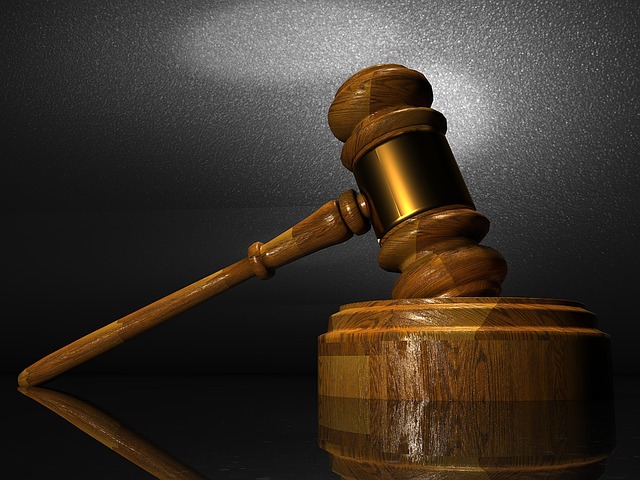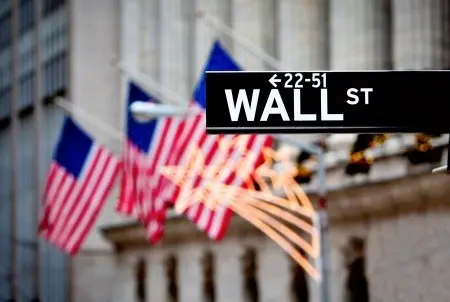The following is a brief summary of the FINRA Arbitration Process.
If you have a dispute with your brokerage firm or financial professional, in your agreements with these entities there is likely a provision that requires that the dispute be arbitrated through FINRA’s Dispute Resolution process. This provision is commonly referred to as an arbitration provision and the vast majority of brokerage firms include such provisions in their New Account documentation. If your agreement includes such a provision and you were to file a claim in court against your brokerage firm, the firm would almost certainly file a Motion to Compel the matter to FINRA arbitration. Courts have regularly deemed such provisions valid and would likely compel the claim to FINRA arbitration.
FINRA (Financial Industry Regulatory Authority) (f/k/a the NASD) is the regulatory body governing brokerage firms. FINRA has a regulatory side (which performs investigations of firms and stockbrokers and assesses fines and sanctions) and a dispute resolution side. FINRA Dispute Resolution is the forum for customers who have disputes with their brokerage firm or financial professional. If you are attempting to recover investment losses against your brokerage firm or financial professional, more likely than not your claim needs to filed through FINRA Dispute Resolution’s arbitration process.
Just like in court litigation, FINRA arbitrations have rules of procedure governing how the claims will be administered, including rules governing deadlines, discovery, and identification of witnesses. These rules are memorialized by the FINRA Code of Arbitration. For a full copy of the FINRA Code of Arbitration, please visit http://www.finra.org/ArbitrationMediation/Rules/CodeOfArbitrationProcedure/.
FINRA arbitrations usually take between 12-15 months from the date of filing and depositions are strongly discouraged, making the process generally faster and less expensive than litigation filed in Court.
Although there are not typically any depositions in a FINRA arbitration, customers do have specific document discovery obligations in every FINRA arbitration case.
In any customer claim against a brokerage firm or financial advisor, the customer is required to produce certain presumptively discoverable documents. These documents include (but are not limited to) tax returns, account statements (for the brokerage firm in question and any other brokerage firms for which the customer maintain accounts), correspondence, any financial statements, and a resume (or other documents showing the customer’s work and education background.
For more information on the documents required to be produced in every customer case, please visit:
http://www.finra.org/ArbitrationMediation/Rules/RuleGuidance/DiscoveryGuide
Unlike a Court case that is heard before a Judge (and often a jury), FINRA arbitrations are heard before either one or three arbitrators (depending on the size of the dispute). These arbitrators have been trained by FINRA and can be from any walk of like (i.e. they do not necessarily have any securities or investment background).
The result of a FINRA arbitration (often called the Award) is binding on the parties in the dispute. There are also limited rights of an appeal to a FINRA Award.
The FINRA Code of Arbitration is specific to FINRA arbitrations and includes many differences from the typical rules governing court litigation. This makes hiring a seasoned securities arbitration attorney who is familiar with FINRA Rules important.
The foregoing information has been provided by The White Law Group. The White Law Group, LLC is a national securities fraud, securities arbitration, investor protection, and securities regulation/compliance law firm with offices in Chicago, Illinois and Boca Raton, Florida.
If you have questions about the FINRA arbitration process and would like to speak with a securities attorney, please feel free to contact The White Law Group at 312/238-9650.
For more information on The White Law Group, please visit our website at https://whitesecuritieslaw.com.
Tags: breakdown of FINRA arbitration, Chicago securities attorney, Chicago securities lawyer, FINRA arbitration basics, FINRA arbitration code breakdown, FINRA arbitration code overview, FINRA arbitration code summary, FINRA arbitration litigation rules, FINRA arbitration rules basics, FINRA litigation breakdown, FINRA litigation overview, information about FINRA arbitration, investment fraud arbitration, overview of FINRA arbitration, securities fraud litigation, summary of FINRA arbitration, what is finra arbitration? Last modified: July 17, 2015



